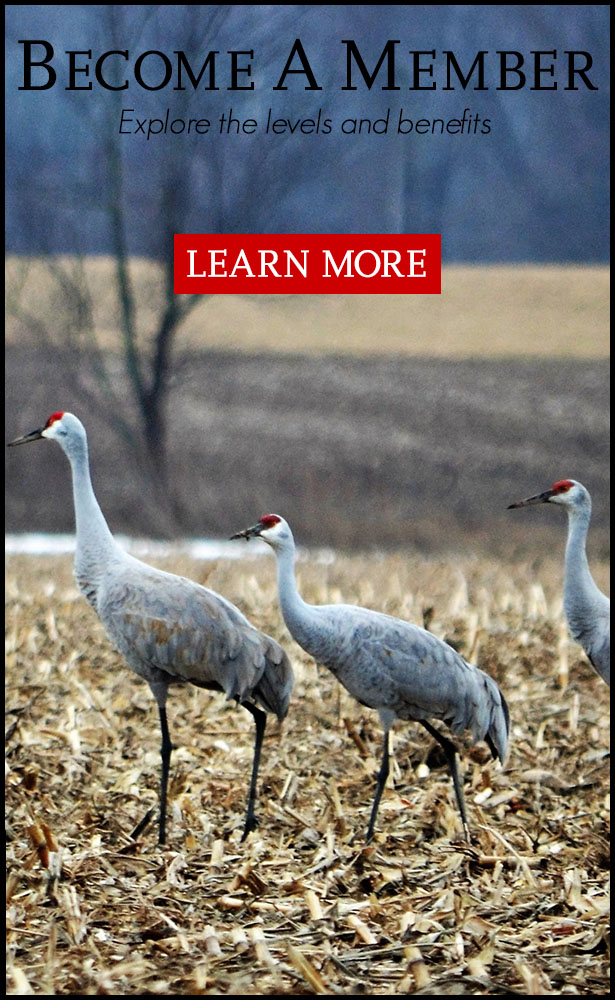PLEASE BE AWARE THAT WE ARE EXPERIENCING AN OUTBREAK OF AVIAN FLU IN THE CENTRAL VALLEY. IF YOU FIND A DEAD BIRD, DO NOT HANDLE IT OR MOVE IT BECAUSE THAT COULD SPREAD THE DISEASE TO DOMESTIC AND OTHER BIRDS. See the notice from the California Department of Fish and Wildlife below:
| AN IMPORTANT MESSAGE TO ALL CALFORNIA WATERFOWL HUNTERS: | ||
|
||
| WHERE TO REPORT SICK AND DEAD BIRDS: | ||
|
||
|
||
|
||
- December 24, 2022










